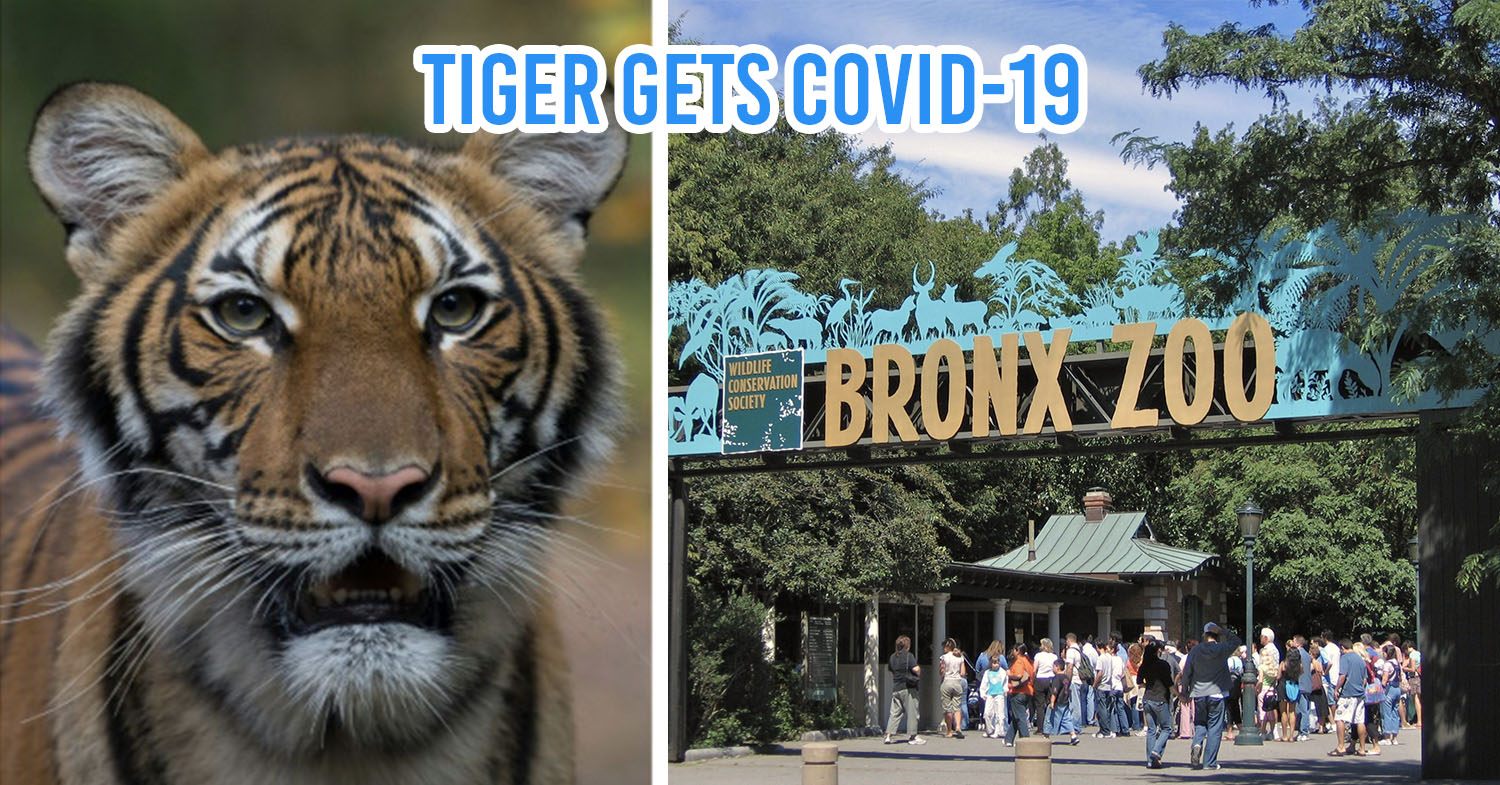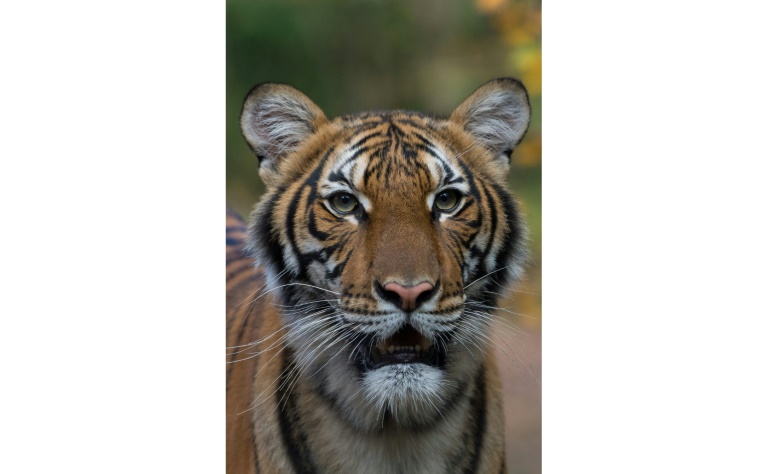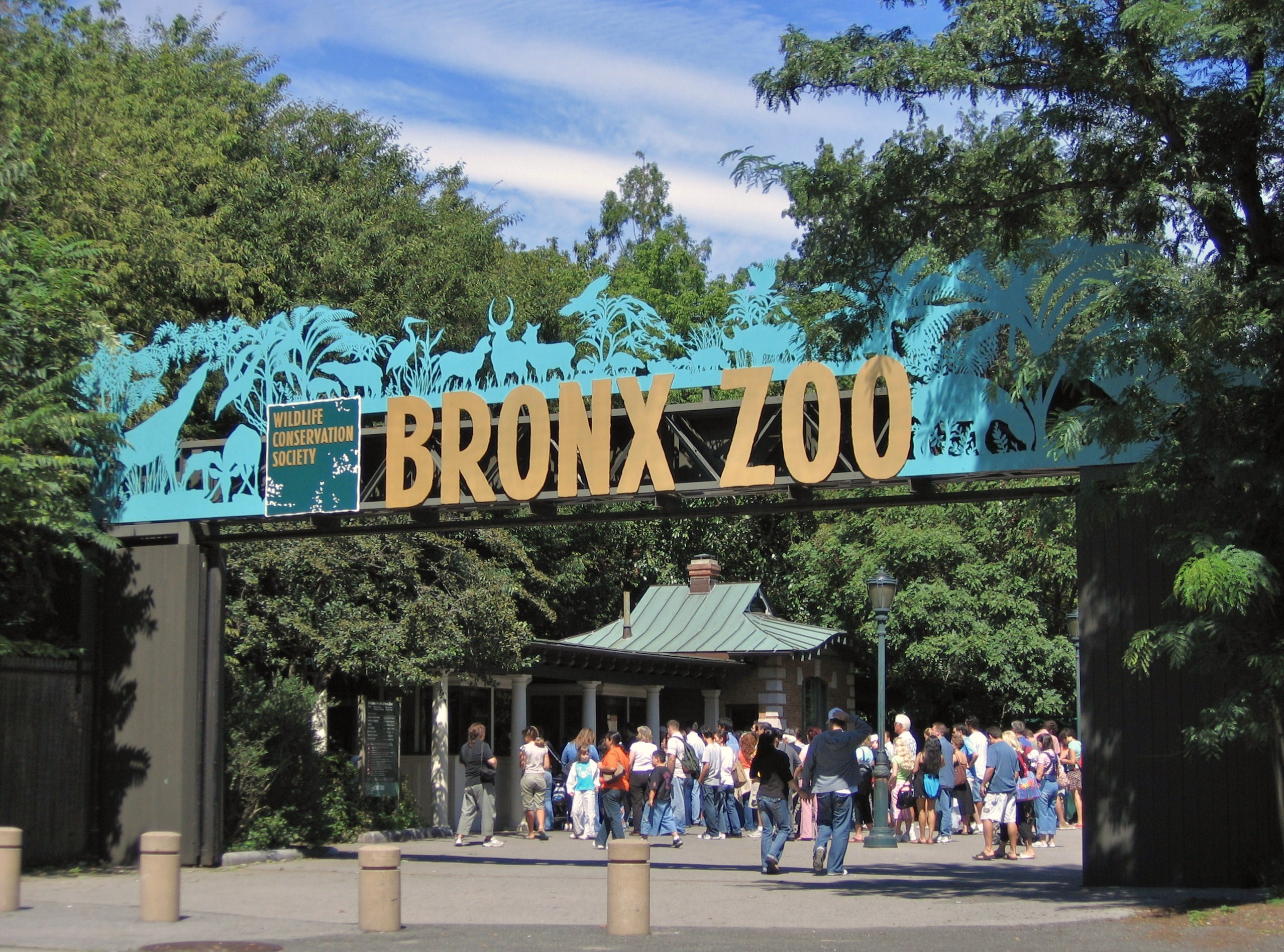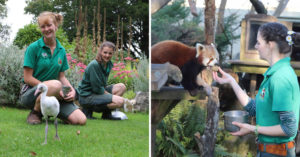Tiger with COVID-19 in NYC

Image credit: Wildlife Conservation Society, Wikipedia
After reports of dogs being able to catch the virus came flooding in, people started to wonder of just how far COVID-19 transmissions could go. This time, a tiger at Bronx Zoo, New York City, has tested positive for the virus. This was confirmed by test results conducted by the National Veterinary Services Laboratory in Iowa.
Nadia, a 4-year-old female Malayan tiger, is believed to have contracted the virus from an infected zookeeper, who was asymptomatic at the time.
“Our cats were infected by a person caring for them who was asymptomatically infected with the virus or before that person developed symptoms,” said Bronx Zoo.
Had developed a dry cough
BBC reports that Nadia, her sister Azul, along with two Amur tigers and three African lions had “developed a dry cough”, but are all expected to recover.

Nadia the tiger
Image credit:Wildlife Conservation Society
The zoo shared in a statement that Nadia was tested “out of an abundance of caution” and that “any knowledge we gain about COVID-19 will contribute to the world’s continuing understanding of this novel coronavirus.”
They also stated that though some of the animals had a decrease in appetite, they are doing well under the necessary veterinary care and “are bright, alert, and interactive with their keepers.”
While it is not known how the virus can develop in big cats, the zoo assured that all animals will be closely monitored.
Virus poses threat to wildlife

Image credit: Wikipedia
In efforts to curb any further spread of the virus, the zoo has taken new measures to ensure its animals and caretakers are kept safe.
On that note, conservation experts have warned that COVID-19 could pose a big threat to wildlife – especially great apes. Professor Serge Wich from Liverpool John Moores University stated we have yet to find out the effect of the virus on great ape groups, but will have to “take the precautionary principle and reduce the risk that they will get the virus.”
As great apes are closely related to humans, scientists are urging relevant organisations such as tourism professionals (i.e. zoos) and the government to reduce the risk of introducing the coronavirus to endangered animals.
We wish Nadia and her caretaker a speedy recovery!
Also read:

Drop us your email so you won't miss the latest news.






